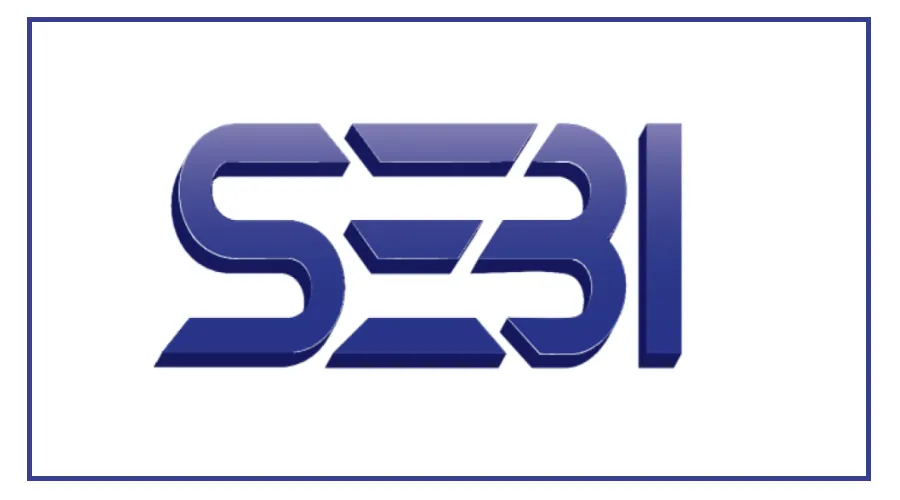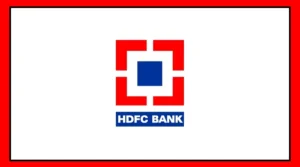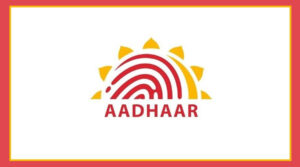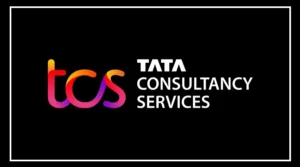SEBI, the regulatory body for the stock market, has proposed that all payments, such as dividends and interest, by listed companies should only be made electronically.
The goal is to improve the payment process by making it more secure, convenient, and efficient for investors.
Currently, SEBI’s LODR (Listing Obligations and Disclosure Requirements) allows electronic payments, but also permits cheques or warrants if electronic transfers fail, especially for amounts over Rs 1,500.
Issues with Incorrect Bank Details
One of the main reasons for payment failures is incorrect or unavailable bank details from security holders, leading companies to send cheques.
Recent data shows that 1.29% of electronic dividend payments failed for the top 200 listed companies.
SEBI now proposes that all payments, including dividends and interest, should be made electronically for both demat and physical security holders.
To avoid issues, investors will be encouraged to update their correct bank details with depository participants. SEBI has asked for public comments on this proposal by October 11.
SEBI’s Move for Mutual Funds and Credit Default Swaps
Additionally, SEBI has permitted mutual funds to both buy and sell credit default swaps (CDS) to increase liquidity in the corporate bond market.
This flexibility allows mutual funds to manage the risks associated with debt securities.
What Are Credit Default Swaps?
In simple terms, credit default swaps are like insurance contracts that protect against a borrower’s default.
When a mutual fund buys a CDS, it pays a premium to the seller in exchange for protection in case a specific bond defaults.
This helps mutual funds handle risks related to the debt securities they hold.
























